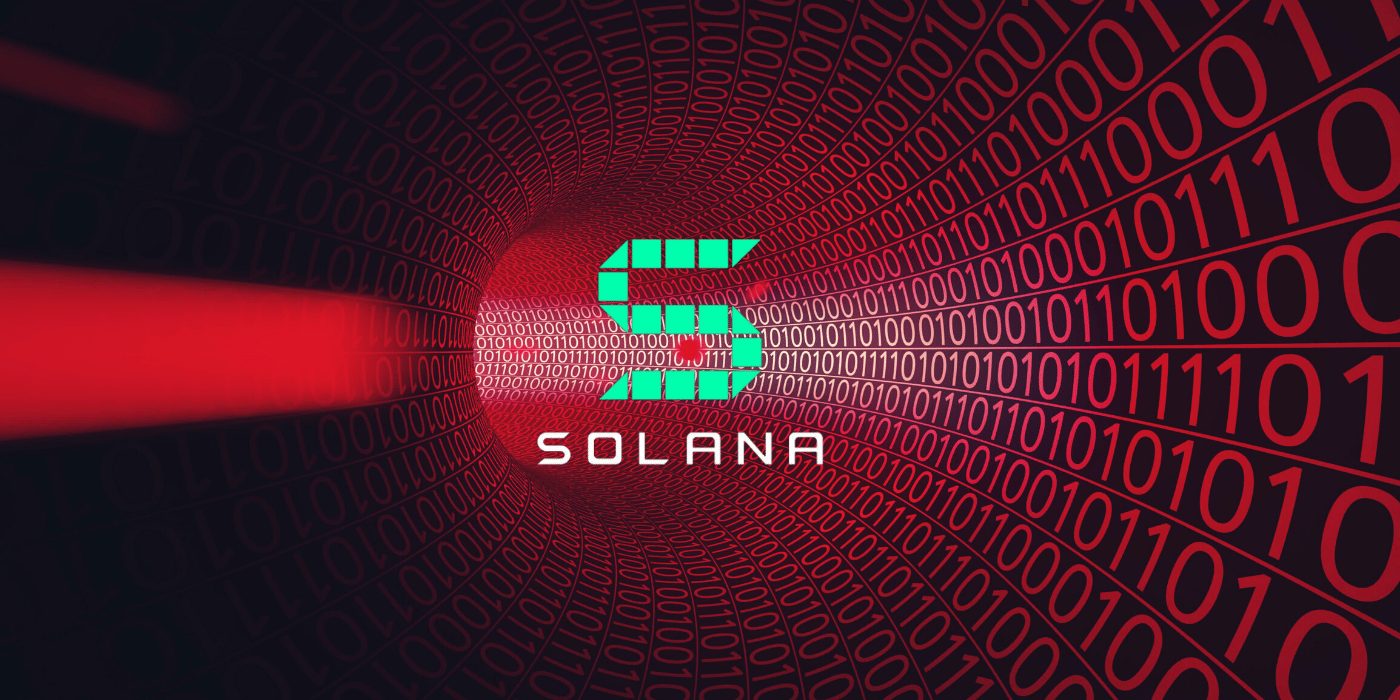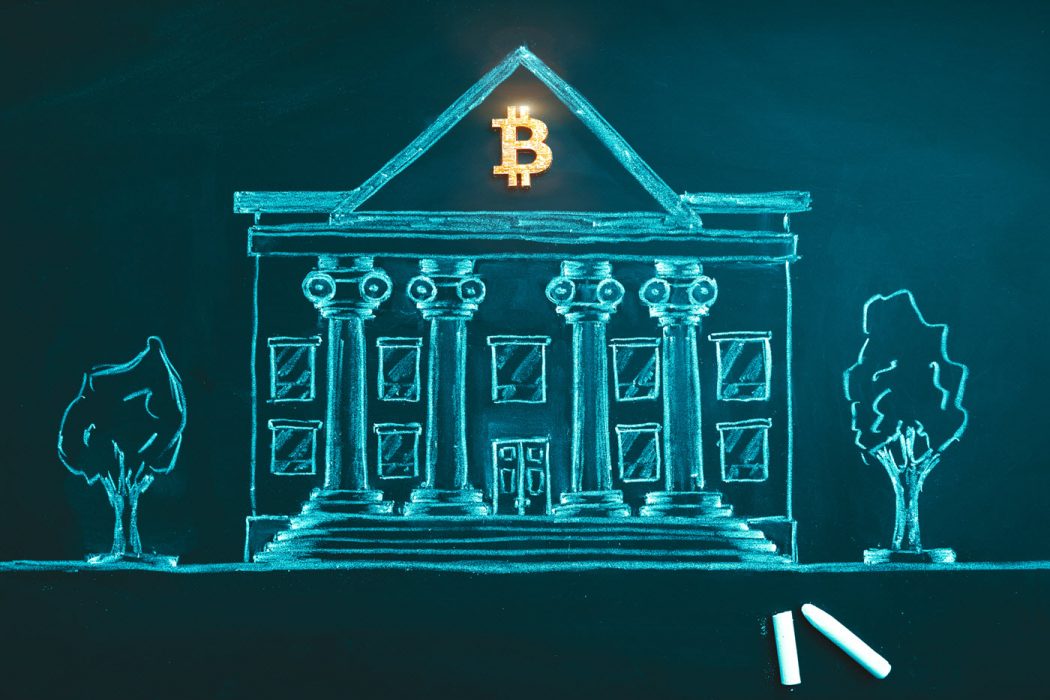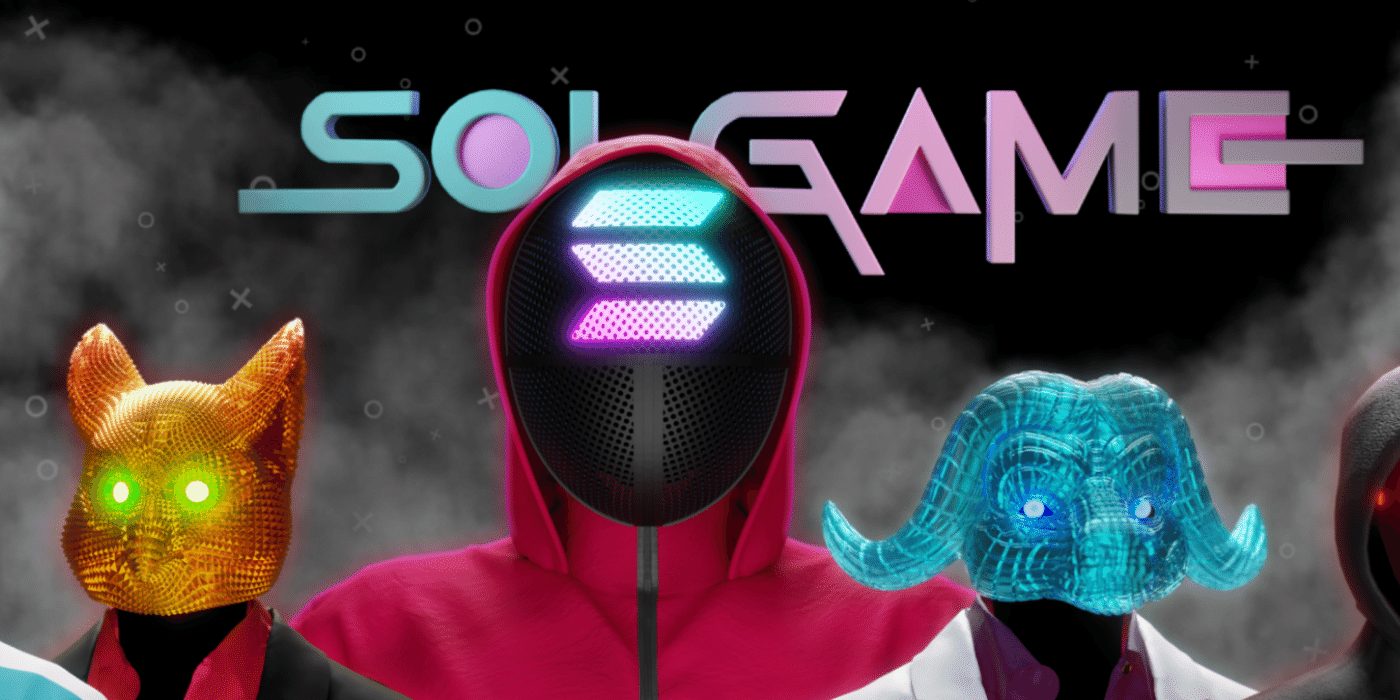Illuvium, a multibillion-dollar GameFi company, has drained its liquidity pools after finding a security flaw that could have ended in billions of dollars lost through exploits. And while it seems like a drastic action, the move has been praised by the Illivium community.
Attackers Steal Some Funds Before Team Plugs Breach
At 2pm ET on January 4, the team behind Illuvium drained all the funds of the sILV/ETH Uniswap V3 pool to prevent a major security breach from being executed, though the attackers were able to steal some of the funds in the pool before the team got their hands on it.
The hackers went on to create a fake Illuvium Twitter account posing as a support centre for users, which had already been reported by the real Illuvium account:
In a message in the project’s official Discord channel, Illuvium co-founder Kieran Warwick said the team would ensure future bugs are prevented by implementing several security measures, such as three independent audits per contract, a bug bounty program, and additional contract testing.
In a closing note, Illuvium will reimburse sILV owners once it gets a snapshot of them. While the sILV pool had been created by a DAO, the team, including Warwick, used it to trade in it.
GameFi Community a New Target
The Illuvium community has praised the company’s action instead of condemning it. The DeFi community has been subject to attack in the past, with big blows such as last month’s BadgerDAO $120 million exploit. Now it appears that malicious actors are flocking to the GameFi community to see if they can cash a few more bucks out of investors’ pockets.










